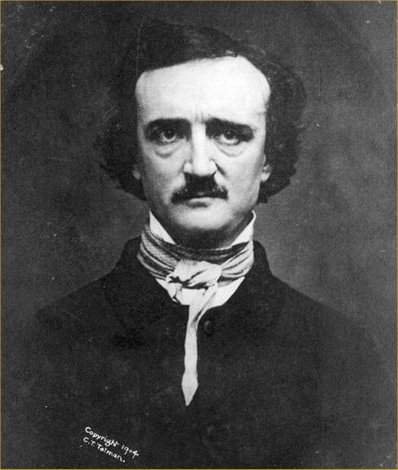Story setting can mean different things, depending on whether your story is set in the real world or a fantasy world. Fantasy worlds need huge, fleshed out settings, sometimes getting pages or a whole book of their own, just explaining it. Real world settings, however, are a lot less work. It's just a matter of picking what'll suit you. Your superheroes will want to live in big cities (because otherwise it's a little boring), your farmer-turned-hero (note: avoid that story line) will live out of town, etc.
However, fantasy worlds are a time consuming and exciting thing. Religion, economy, cities, culture, creatures, geography... It's like you're God, except you have as much time as you want, not seven days.
It's a daunting task, so you'll want to take it one step at a time. Also, will you be building out, such as making a town here, and then drawing roads, forests, etc, until it's a full-fledged map, or building in, making a wide overview and then filling in the details? Both are good, and you may want to experiment with both of them.
What makes your world different? Here you walk a fine line, where you need originality and creativity but it still needs to have ties to the real world, all the better for connecting with the reader. Make a village plagued by dragon attacks, but also make a village plagued by taxes and corruption. Keep it real and keep it fresh, dawg.
I've made a simple checklist, so you know what you have to do (note: for some worlds, not all of the listed things will apply, and the listed things are just the basics, not all you need)
Races: such as humans, elves, dwarves, and trolls, the generic fantasy races.
Geography: this has a large effect on the rest of your world. If it's mountainous, then there won't be many big cities, mostly small villages trying to survive.
Culture: Adds unique flair. This village worships goats. They have annual goat dances. Interesting, no?
Religion: Goes hand-in-hand with culture. Note that nearly all of Earth's civilizations developed religion on their own or with a little help, so make sure to make this a semi-prominent part of your world.
Of course, if you're doing a science fiction story, then you'll have to make tons of different PLANETS. I suggest keeping the planets simple. Like in Star Wars, for example, instead of having varied ecosystems, there are desert planets, forest planets, and volcano planets. This way, each planet is like a region.
Try making maps, with little footnotes, it'll help things along. And remember, have fun with it. I myself find the idea of creating a world intensely fun, but that may just be me.

